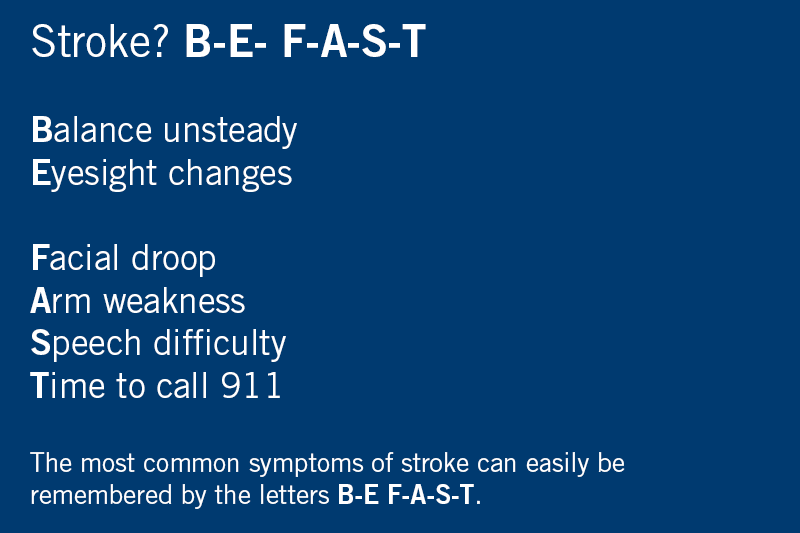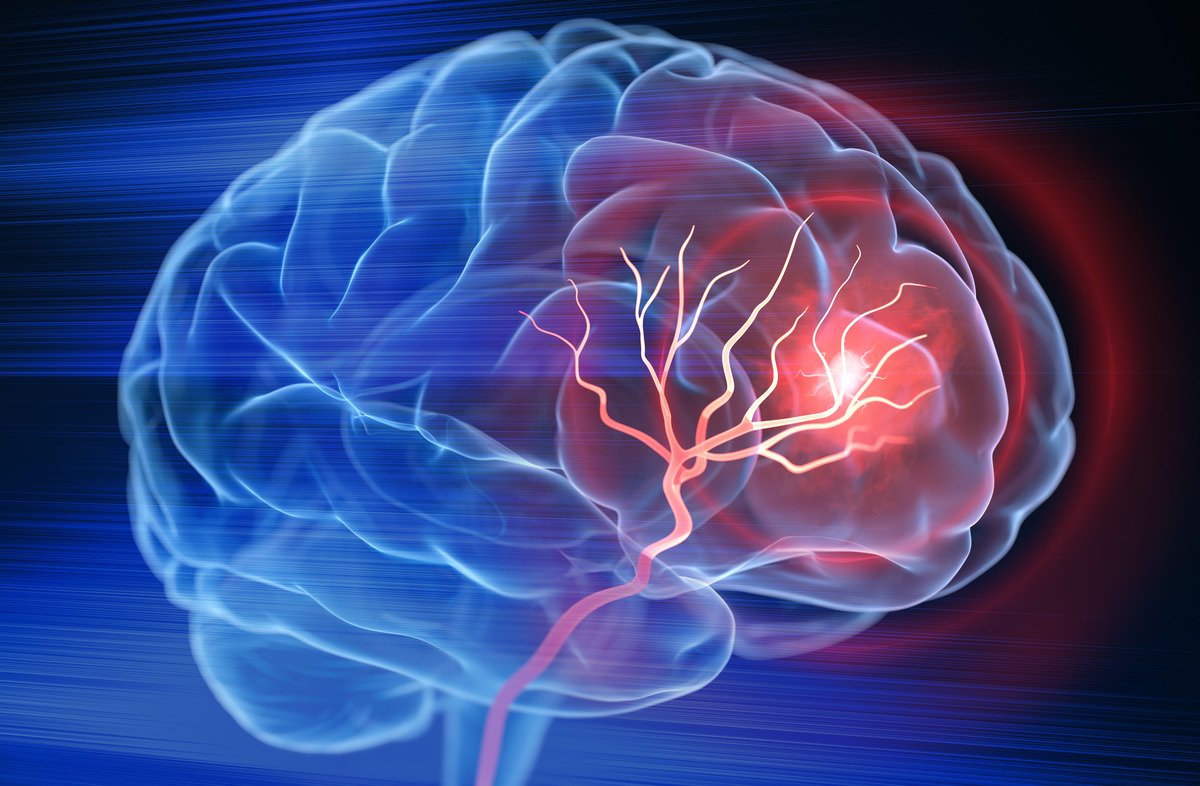
Popular Locations
- Outpatient Surgery - Bridgeport Hospital
- Park Avenue Medical Center
- Primary Care Center - Bridgeport Hospital

The Bridgeport Hospital Stroke Center offers a complete program that emphasizes rapid, advanced care for patients with stroke and complex neurovascular conditions.
Bridgeport Hospital is certified by The Joint Commission as a Thrombectomy-Capable Stroke Center. This means the hospital meets rigorous standards for performing endovascular thrombectomy and providing post-procedural care. This care includes rehabilitation and after-care support services. The Bridgeport Hospital Milford Campus is certified by The Joint Commission an Acute Stroke Ready Hospital.

The Stroke Center provides 24/7 coverage by a team of experts. This includes neurologists, endo- and neurovascular neurosurgeons, intensive care and emergency medicine physicians, radiologists, nurses, clinical pharmacists, as well as physical, occupational and speech therapists.
Our advanced technology includes advanced CT perfusion imaging and catheter angiography equipment enabling physicians to quickly and precisely identify the area of a brain affected by a stroke and blood clot location.
As part of Yale New Haven Health, a comprehensive multidisciplinary patent foramen ovale (PFO) program is offered at Yale New Haven Hospital for adult patients at risk of a stroke or adults who have had a stroke due to a PFO.
Learn more about our Stroke Center performance and outcome measures

The Bridgeport Hospital Stroke Center has earned The Joint Commission’s Gold Seal of Approval as a Thrombectomy-Capable Stroke Center.
A stroke, sometimes called a “brain attack,” is an emergency and occurs when blood flow to part of the brain is interrupted. Depending on what part of the brain is “attacked,” a stroke can affect physical movement of the body (arms and legs), speech, and memory, as well as sensation, coordination, and balance. There are two types of strokes and each requires different treatment.
Ischemic Stroke: More than 87 percent of strokes are ischemic, caused by a blood clot – a blood vessel blockage in the brain. Many of these strokes can be treated effectively with clot-busting drugs, provided the patient arrives at the emergency department as soon as symptoms are recognized.
At Bridgeport Hospital, thrombectomy is a treatment for ischemic stroke. During this minimally invasive procedure, a blood clot is removed and blood flow to the brain is re-established. This emergency treatment may be of benefit up to 24 hours after stroke onset.
Bridgeport Hospital offers rehabilitation, speech, and support services to assist stroke survivors and their families. During hospitalization, physical, occupational and/or speech therapists meet with patients and their families or caregivers to assess needs and recommend a care plan. These rehabilitation services are also available on an outpatient basis through Ahlbin Rehabilitation Center. Our Stroke Education Support Group meets monthly to provide valuable information on stroke-related topics for those at risk of stroke, those who have had a stroke, as well as for families and caregivers of stroke survivors.
Bridgeport Hospital offers TeleStroke services to assess patients who are experiencing stroke symptoms, but are not at a hospital that specializes in stroke services. Our neurologists use high-speed videoconferencing and image-sharing technology to examine patients at remote locations, diagnose their condition, and work with physicians or EMS providers to recommend a plan of care. If more advanced therapies are needed, patients can be transferred to Bridgeport Hospital Stroke Center.

When it comes to signs of a stroke you may have heard the phrase “time is brain,” which means to go to the emergency department right away to get crucial time-sensitive treatment. But what should you do if symptoms resolve on their own?
Read MoreFor patients who need highly specialized stroke care, Yale New Haven Health neurologists can consult with their physicians using TeleStroke video conferencing.

Yale New Haven Health is proud to be affiliated with the prestigious Yale University and its highly ranked Yale School of Medicine.